It is a testing week for Donald Trump. After Tuesday’s elections – mayoral, governor and redistricting contests – comes a big court case on Wednesday (November 5). The Supreme Court is set to hear arguments challenging the US president’s tariff policy. It could be the beginning of the biggest fight yet in Trump’s trade war that has hit countries across the world and is taking a toll on America as well.
At the centre of this legal battle, which could upend global tariffs, is the high-profile Indian-origin lawyer Neal Katyal. He is arguing for small businesses.
It’s a case that Trump has described as “one of the most important in the history of the country”. The decision could redefine the limits of presidential authority over tariffs in the US and affect trillions of dollars in trade.
A group of small companies have challenged Trump’s tariffs in two separate lawsuits. Katyal will be handling the case and taking on the US administration.
Who is Neal Katyal?
Neal Katyal is one of America’s most prominent constitutional lawyers, who has argued more than 50 cases before the country’s Supreme Court. The 55-year-old holds the record of arguing more SC cases in US history than any minority attorney, breaking the record held by American civil rights lawyer Thurgood Marshall.
Katyal first rose to prominence as a co-counsel for former Vice President Al Gore in the Bush vs Gore case and has come a long way since. He served as principal deputy solicitor general and later as acting Solicitor General in the Obama administration and was responsible for representing the federal government in all appellate matters before SCOTUS and the Court of Appeals.
As Solicitor General, Katyal argued several major supreme court cases, such as his successful defence of the constitutionality of the Voting Rights Act of 1965, his victorious defence of former Attorney General John Ashcroft for alleged abuses in the war on terror, and his victory against eight states that sued the nation’s leading power plants for contributing to global warming, according to the American Law Institute.
He has served as special prosecutor for the state of Minnesota in the case of George Floyd, the Black man whose murder triggered the ‘Black Lives Matter’ protests in the US.
The Indian-American litigator has taken on Trump before, challenging the 2017 travel ban and attempts to accelerate deportations. In March that year, Katyal pursued a federal judge in Hawaii to halt all the critical elements of what was dubbed the “Muslim ban”. In December 2017, American Lawyer magazine named him “The Litigator of the Year”, an award he bagged once again in 2023.
He also went on the author the 2019 book, “Impeach: The Case Against Donald Trump.” He has often been described as the “Trump Tormentor” for contesting his policies.
A graduate from Yale Law School, Katyal is currently a partner at the Milbank law firm, where he has been working with the Liberty Justice Centre, a libertarian law firm that specialises in representing individuals and groups in constitutional cases, reports Politico.
The lawyer was born in Chicago to Indian immigrant parents – an engineer father and a physician mother. While studying at Yale, he was mentored by constitutional scholar Akhil Amar. His origins and his education have influenced his work.
How Katyal landed the latest case against Trump
Liberity Justice Centre’s clients include VOS Selections, a New York-based wine importer that is challenging Trump’s tariffs along with other private companies. However, there are two other sets of litigants involved in the tariff case.
While lawyers of all groups hoped to participate in the upcoming argument, the Supreme Court ordered them to pick one attorney to present their case. A coin toss landed in Katyal’s favour.
“After a few days of discussion between the parties, Neal Katyal of Milbank was appointed to this role after a coin flip,” Rick Woldenberg, the CEO of Learning Resources Inc., an Illinois-based firm that sells educational products, was quoted as saying by Bloomberg. “We are honoured to be represented by Neal at this important moment in the case,” Woldenberg said, “and are putting all our energy into preparing for the hearing”.
Katyal got involved in the tariffs case in June after the US appeals court considered a challenge from five small businesses led by VOS Selections.
What do we know about the case against Trump’s tariffs?
The Liberty Justice Centre that Katyal represents earlier won a 7-4 ruling at the Court of Appeals for the Federal Circuit, where judges found that the US President overstepped his authority. The case will now be heard in the Supreme Court, and Katyal will persuade the judges to uphold the decision.
The US Justice Department is asking the SC to reverse lower federal court rulings in the two separate cases that found that Trump did not have the legal authority to impose “reciprocal tariffs” on imported goods from almost every country in the world.
The case revolves around whether Trump overstepped his authority under the 1977 International Emergency Economic Powers Act (IEEPA), which lets presidents take action during national emergencies tied to foreign affairs.
“The President’s claim of authority here is breathtaking,” Katyal wrote in an October 20 filing. “The IEEPA never mentions tariffs, and in 50 years, no other President has used it for that purpose.”
It is a significant case, and keeping that in mind, the top court has allotted 80 minutes for oral arguments, longer than the standard hour.
“This case isn’t about politics,” a source close to Katyal’s team said. “It’s about preserving the constitutional balance between Congress and the President, and making sure no one man controls the nation’s economic fate.”
What has Trump said?
The case has been on top of the President’s mind. In a long post on Truth Social on Sunday, he wrote, “If we win, we will be the richest, most secure country anywhere in the world — by far,” Trump wrote on Truth Social Sunday. “If we lose, our country could be reduced to almost Third World status. Pray to God that that doesn’t happen.”
Trump said he will not be attending the arguments in court. “I will not be going to the Court on Wednesday in that I do not want to distract from the importance of this Decision.”
When is the ruling in the case expected?
There are several petitions against the tariffs, and the Supreme Court has consolidated them into a single hearing. The ruling is expected early next year.
If the verdict goes against the president, it could thwart Trump’s global trade war and reshape US trade and economic policy.
With inputs from agencies


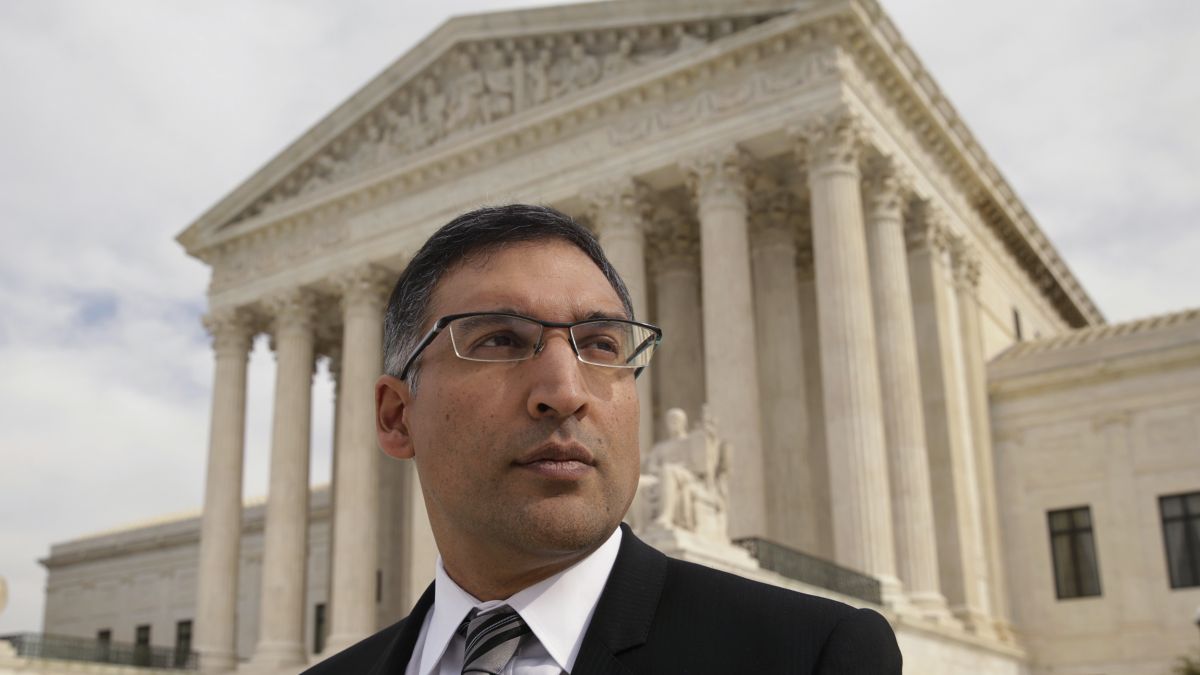)
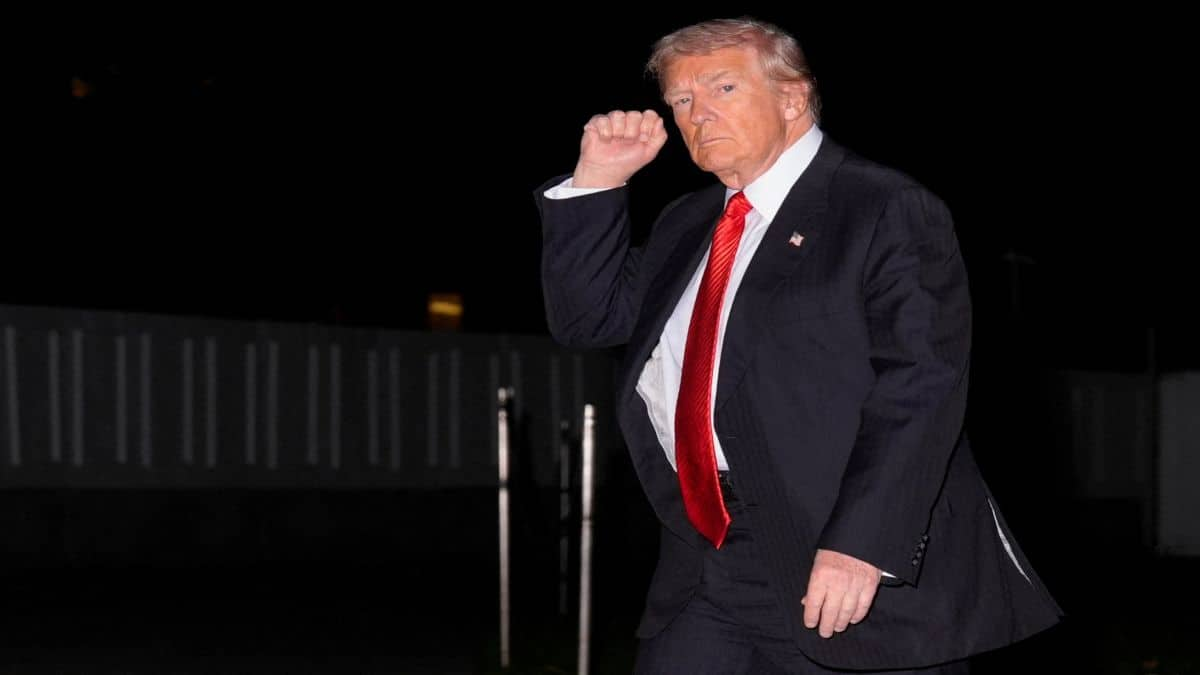
)
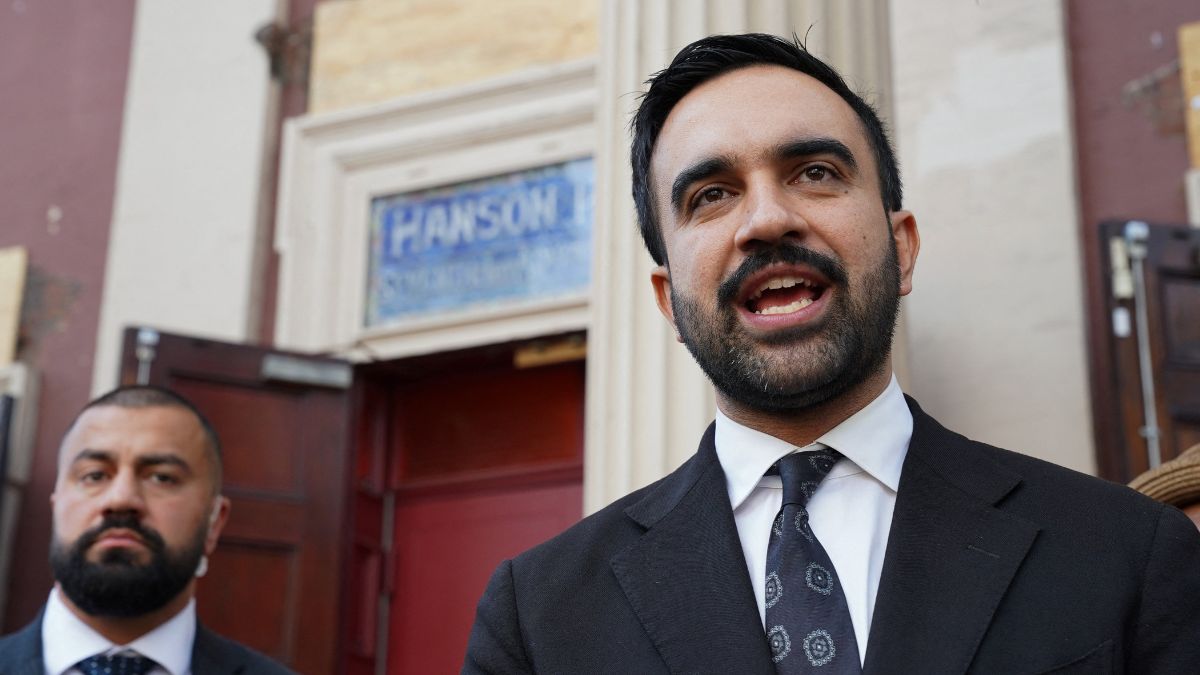)
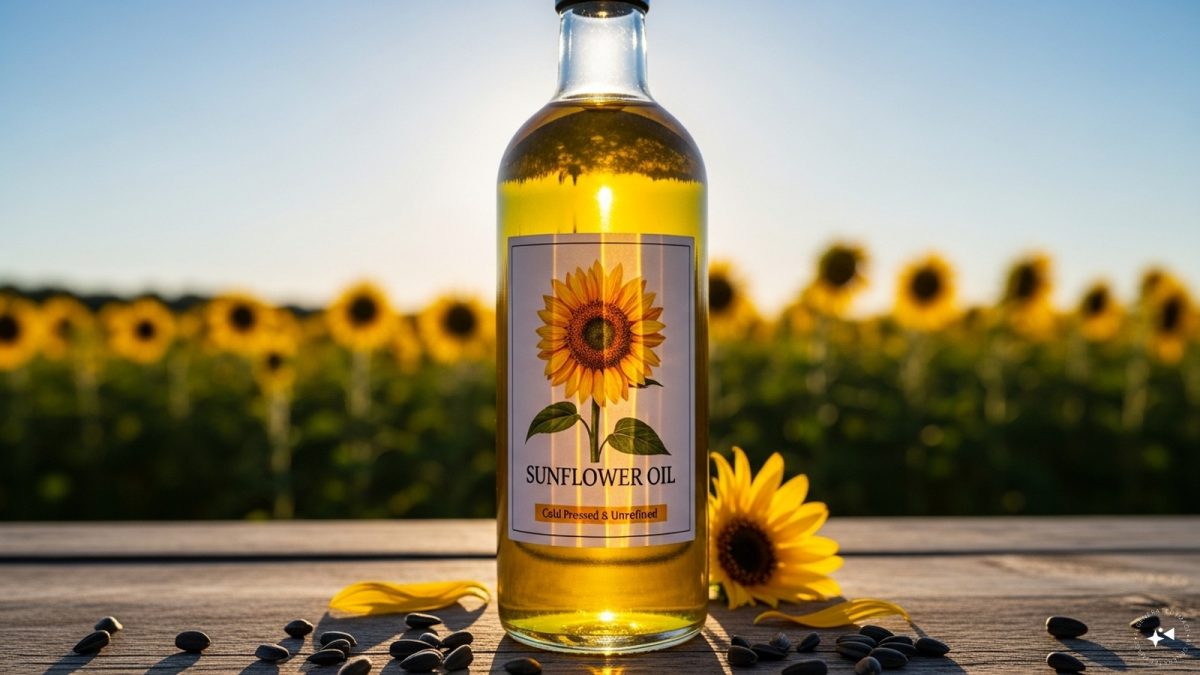)
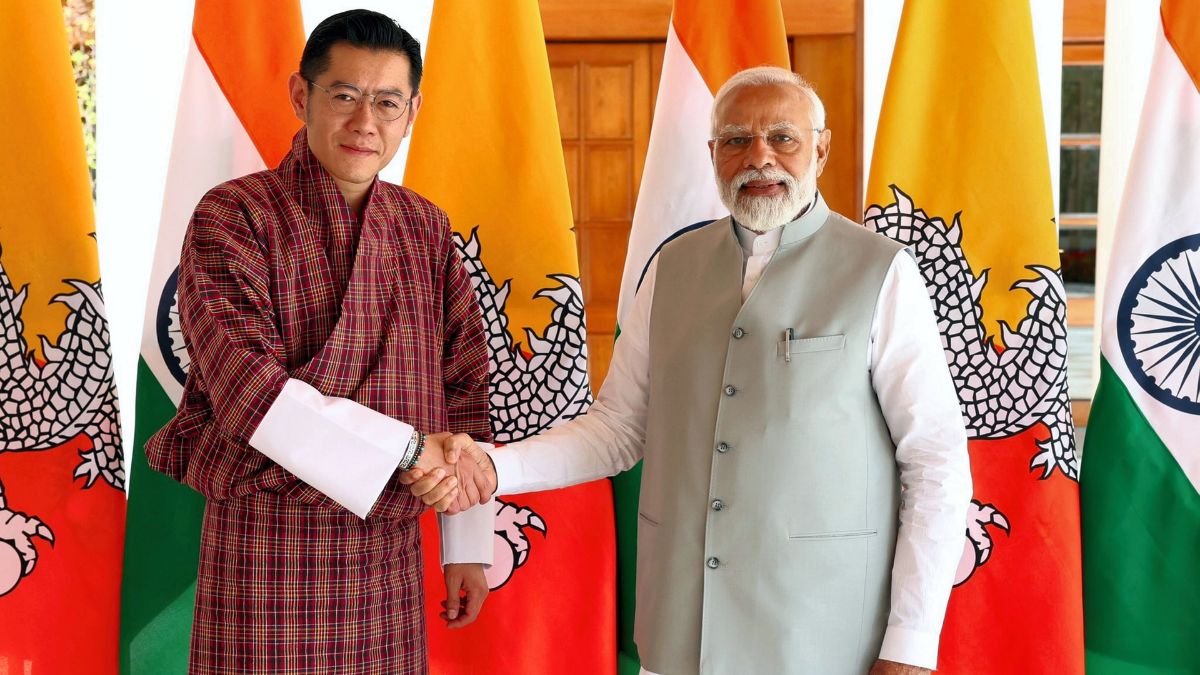)
)
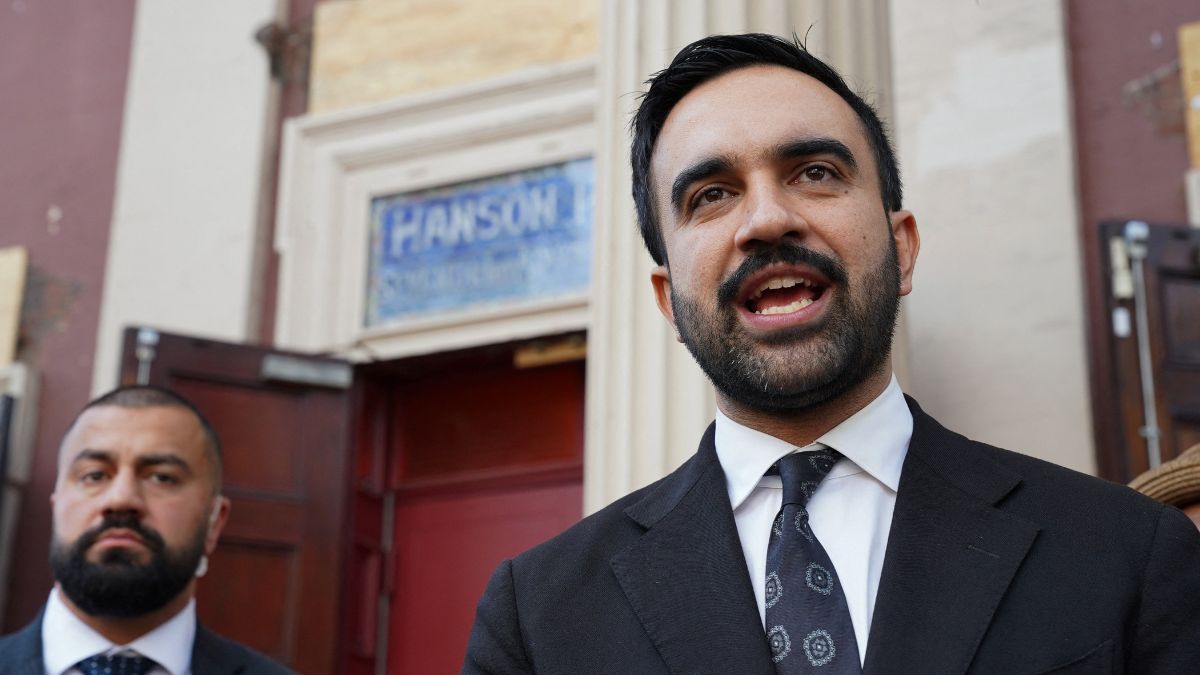)
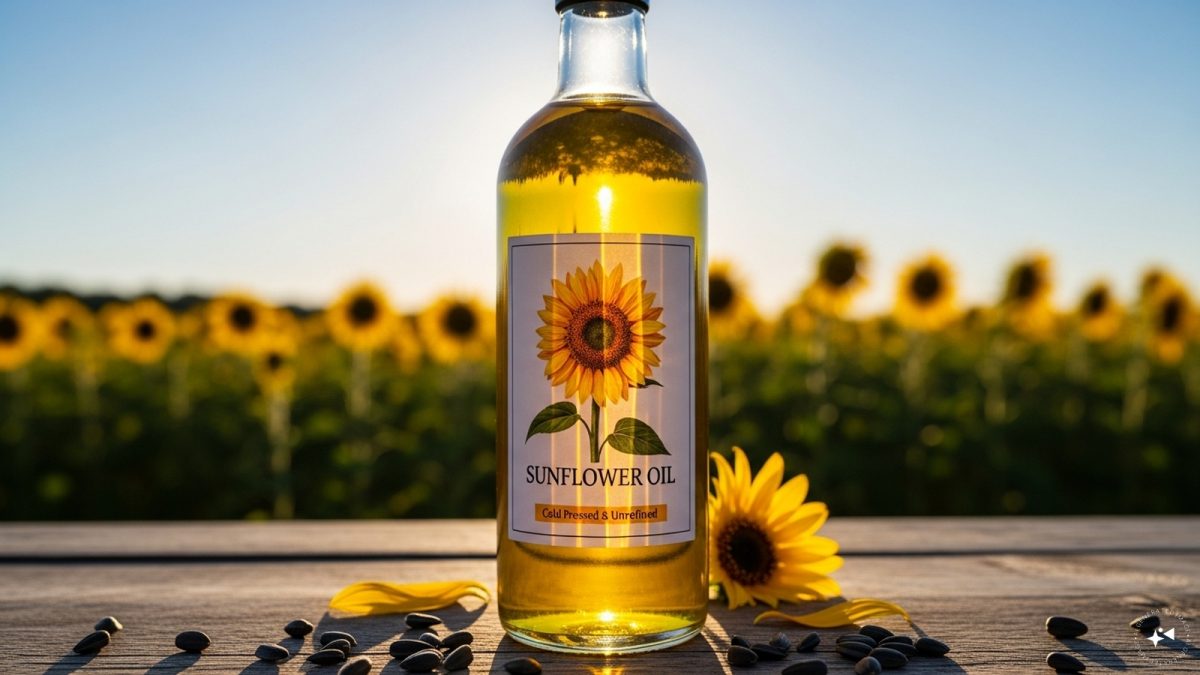)
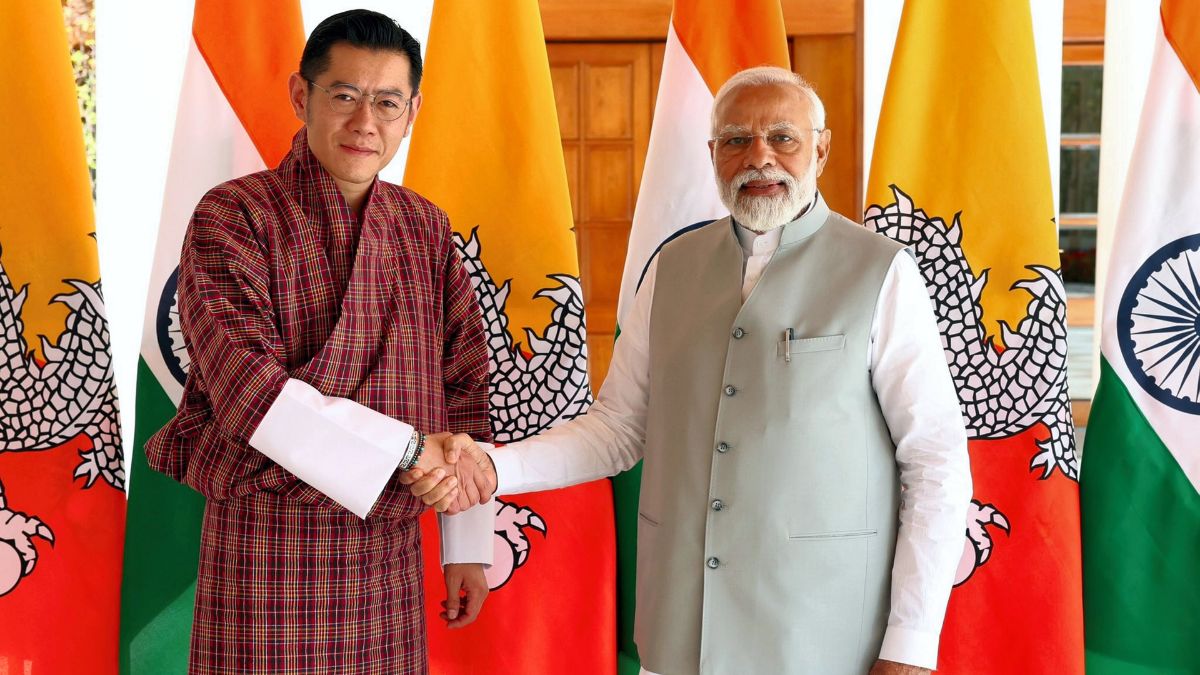)



